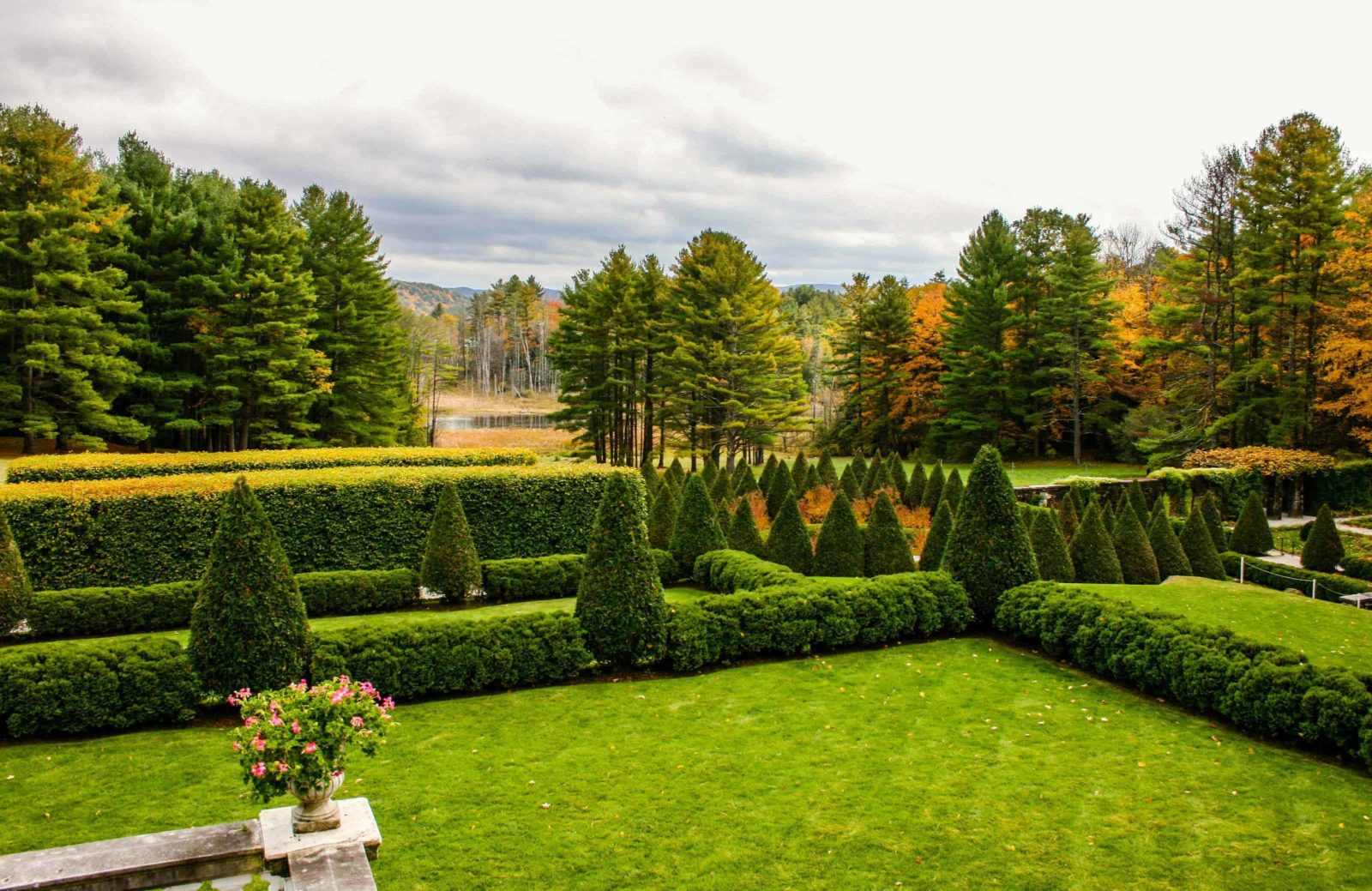It’s easy to imagine Ellen Olenska today — trying to brighten a shabby apartment like a music student home from study abroad and a bad breakup that has left her raw. She is the woman at the creative center of Edith Wharton’s novel The Age of Innocence, a hundred years ago, and she walks into the book at the beginning, trying to win free of a brutal marriage. She is living in a neighborhood of writers and artists, and I can see her in a hard time, trying to come home.
Writers have been talking about The Age of Innocence at the Mount this year. Nationally awardwinning novelists, journalists, professors, the editor of an online magazine … They are holding virtual conversations with readers around the world and talking about the ways the book feels timely for them today.
Ellen translates into this century so readily. She could be writing tunes and playing guitar with a flamenco-blues-Malhun fusion group, trying to trace the origins of folk songs in Napoletano. At night she’s walking home from the corner bar to a Brooklyn studio, where she has hung a scarf over the mantel and set old glass bottles from the flea market.
She’s subletting and trying to keep up her Sicilian, playing music in other people’s lofts. Her family won’ talk to her. They think she should stop auditioning and get a real job and make up with her boyfriend, who was ‘really such a nice guy.’
The scenes between Ellen and Newland Archer, the novel’s narrator, could easily play out today in the same tones. She comes home late with a man who’s trying to pick her up, and she finds an old family friend trying to talk with her room-mate, trying not to sound jealous that she isn’t alone and failing.
He stays, and they are talking late at night. He’s taking a gap year, unsettled, full of articles he’s read in the Smithsonian. He says he’s a feminist, but he cuts off her answers. She talks about her music. He seems sympathetic, and she begins to tell him the truth about the last year and what scarred her in Warsaw. She needs to talk, and her family don’t want to hear it.
And he becomes angrily dismissive. She can hear the harsh sounds of the street outside the window behind her. She looks at him, swallowing tears, knowing he will be angrier if she shows them.
In the novel, Ellen Olenska is the voice that challenges a powerful elite. She calls to the people around her, and Newland feels awake and afraid of his own intensity around her, shaking and exposed. She wants to live without fear. She wants family and friendship, creative life and music, passion and joy. She wants freedom over her own thoughts and her own body. Timely today? Oh yes. As I talk with emerging artists in the Berkshires, I’m finding her strongly in my mind.

